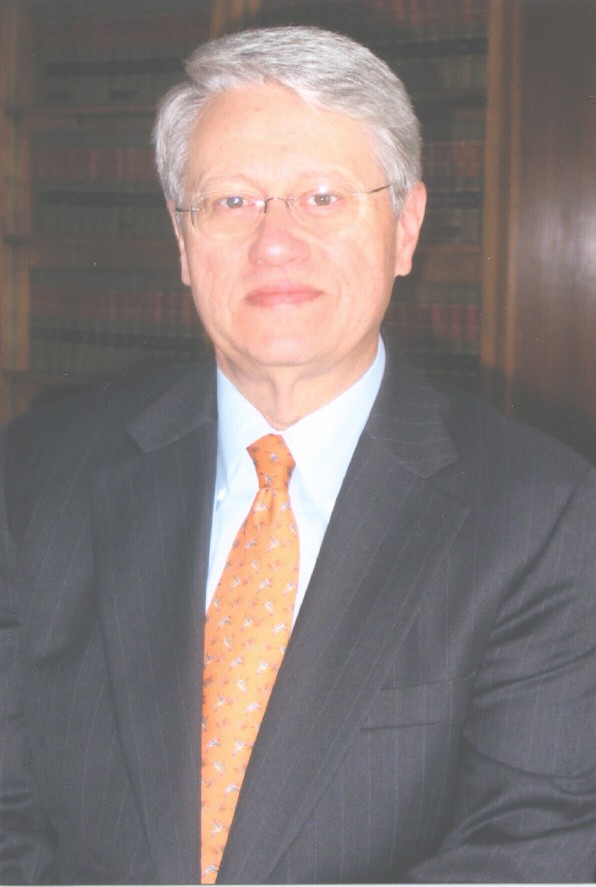Janet M. Calvo
A recent case filed in the U.S. District Court for the Eastern District of New York challenges the applicability of the nationwide injunction issued in U.S. v. Texas by a district court judge in Texas. As explained in my prior posts here and here, the injunction was upheld by the Fifth Circuit and allowed to stand by the U.S. Supreme Court’s four to four tie in the case. In his complaint, Martin Batalla Vidal asserts that the Texas injunction cannot apply to him. He is a recipient of DACA (Deferred Action for Childhood Arrivals) under the 2012 guidance memo that was not challenged in the Texas case and is still in effect. In the challenged 2014 memorandum that expanded eligibility for DACA and established DAPA, the Secretary of Homeland Security also stated that those approved for, or renewed, under 2012 DACA could be work authorized for a three year instead of a two-year time period. Even though 2012 DACA was not challenged, the Texas judge enjoined the issuance of three years’ authorization to 2012 DACAs. But certain DACA recipients, including Mr. Batalla Vidal, had already received the three-year authorization. The federal government then revoked these authorizations.
Mr. Batalla Vidal’s complaint asserts that the injunction cannot apply to him because the plaintiffs in U.S. v. Texas lacked standing for a nationwide injunction requiring the revocation of three year authorizations. Further, he argued that the Texas court lacked jurisdiction to enter a nationwide injunction because that remedy was broader than necessary to address the harm Texas asserted, i.e. increased costs for issuance of Texas drivers’ licenses. Mr. Batalla Vidal was not a Texas resident, never applied for a Texas driver’s license and was not a party to the case in Texas. He sued the federal government for subjecting him to an overbroad injunction in revoking his three-year authorization thereby violating the Administrative Procedure Act by engaging in agency action not in accord with law. He asked the Eastern District Court for an injunction setting aside the revocation and restoring his three-year authorization.
 The case is before Judge Nicholas Garaufis. In a transcript of a conference Judge Garaufis expressed a preliminary openness to the claim and a skepticism about the nationwide impact of the injunction from the Texas court. He asked, hypothetically:
The case is before Judge Nicholas Garaufis. In a transcript of a conference Judge Garaufis expressed a preliminary openness to the claim and a skepticism about the nationwide impact of the injunction from the Texas court. He asked, hypothetically:
“How does Judge Garaufis issue a nationwide injunction if someone comes to him with a claim that affects the rights of people in California who have not been before the court… why should a judge in California… be constrained in adjudicating the individual rights of a resident of…California because Judge Garaufis in the Eastern District of New York decided to impose some gargantuan preliminary injunction?” [and he commented], “That doesn’t sound like justice to me.”
In response to the federal government attorney’s explanation that the government was constrained by the Texas injunction the judge responded:
“I sympathize with your problem, but I do not sympathize with the idea that I am hamstrung in dealing with an issue involving individual rights …. I have absolutely no intention of simply marching behind the parade that’s going on out there in Texas, if this person has rights here. “
The judge then set a briefing schedule for the attorneys to articulate their arguments and set an oral argument date in January 2017.

